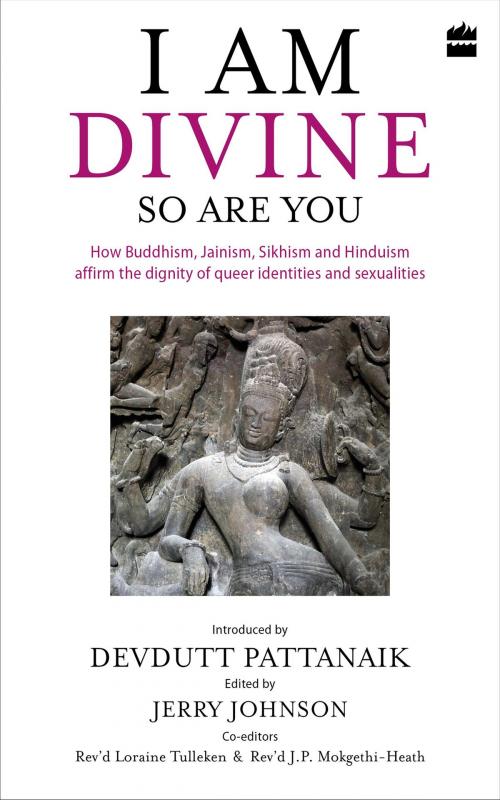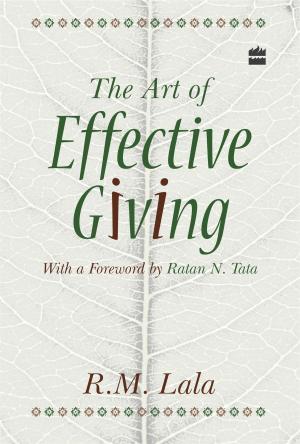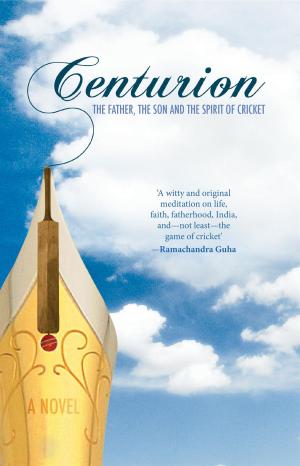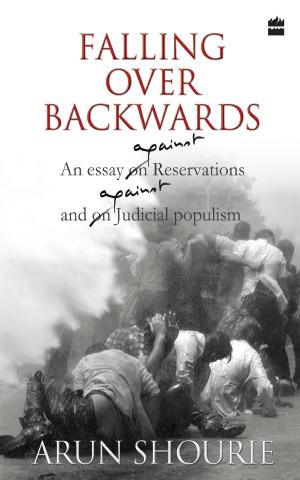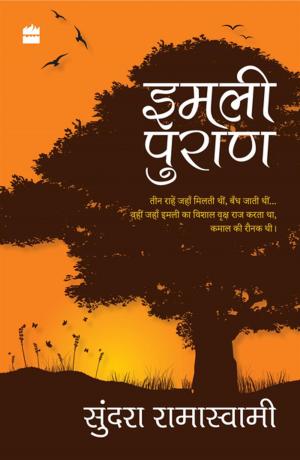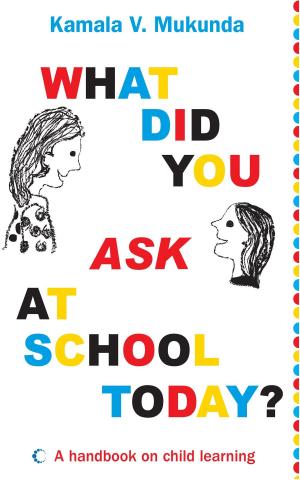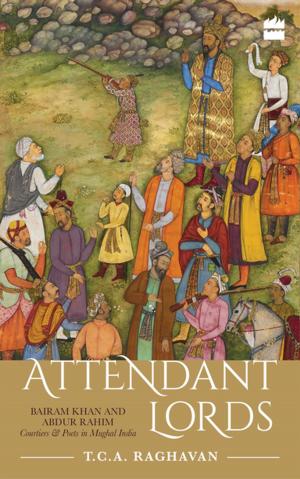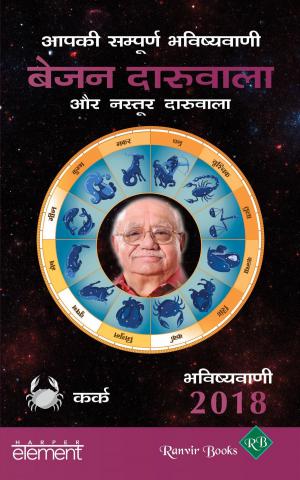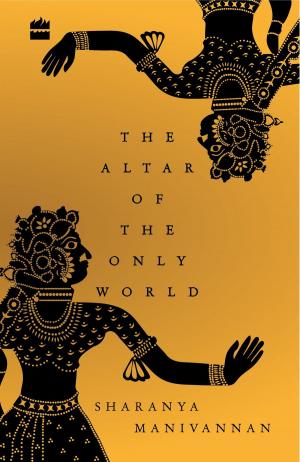I Am Divine. So Are You: How Buddhism, Jainism, Sikhism and Hinduism Affirm the Dignity of Queer Identities and Sexualities
Nonfiction, Social & Cultural Studies, Social Science, Sociology| Author: | Devdutt Pattanaik, Jerry Johnson | ISBN: | 9789352774869 |
| Publisher: | HarperCollins Publishers India | Publication: | December 14, 2017 |
| Imprint: | Element | Language: | English |
| Author: | Devdutt Pattanaik, Jerry Johnson |
| ISBN: | 9789352774869 |
| Publisher: | HarperCollins Publishers India |
| Publication: | December 14, 2017 |
| Imprint: | Element |
| Language: | English |
In 2015, a historic panel discussion took place at the global Festival of Theology held in Sweden. Its objective was to examine what the sacred texts of the Abrahamic faiths - Judaism, Christianity and Islam - had to say about human sexuality. By bringing in perspectives from the Karmic faiths of Buddhism, Jainism, Sikhism and Hinduism, which together represent the beliefs of almost a third of the world's population, I Am Divine. So Are You expands this conversation between world religions and human sexuality to a truly global level. The theology of Karmic faiths is revealed at the intersection of scripture, culture, rituals and lived realities. And hence they are dynamic and amenable to a multiplicity of perspectives. They lend themselves more easily to a recognition and acceptance of fluidity in human sexuality. This is a landmark book as it recasts religion - especially Karmic faiths - as an ally and not an adversary of queer emancipation and thus significantly informs the secular and legal movements for LGBTQ rights around the world.
In 2015, a historic panel discussion took place at the global Festival of Theology held in Sweden. Its objective was to examine what the sacred texts of the Abrahamic faiths - Judaism, Christianity and Islam - had to say about human sexuality. By bringing in perspectives from the Karmic faiths of Buddhism, Jainism, Sikhism and Hinduism, which together represent the beliefs of almost a third of the world's population, I Am Divine. So Are You expands this conversation between world religions and human sexuality to a truly global level. The theology of Karmic faiths is revealed at the intersection of scripture, culture, rituals and lived realities. And hence they are dynamic and amenable to a multiplicity of perspectives. They lend themselves more easily to a recognition and acceptance of fluidity in human sexuality. This is a landmark book as it recasts religion - especially Karmic faiths - as an ally and not an adversary of queer emancipation and thus significantly informs the secular and legal movements for LGBTQ rights around the world.
